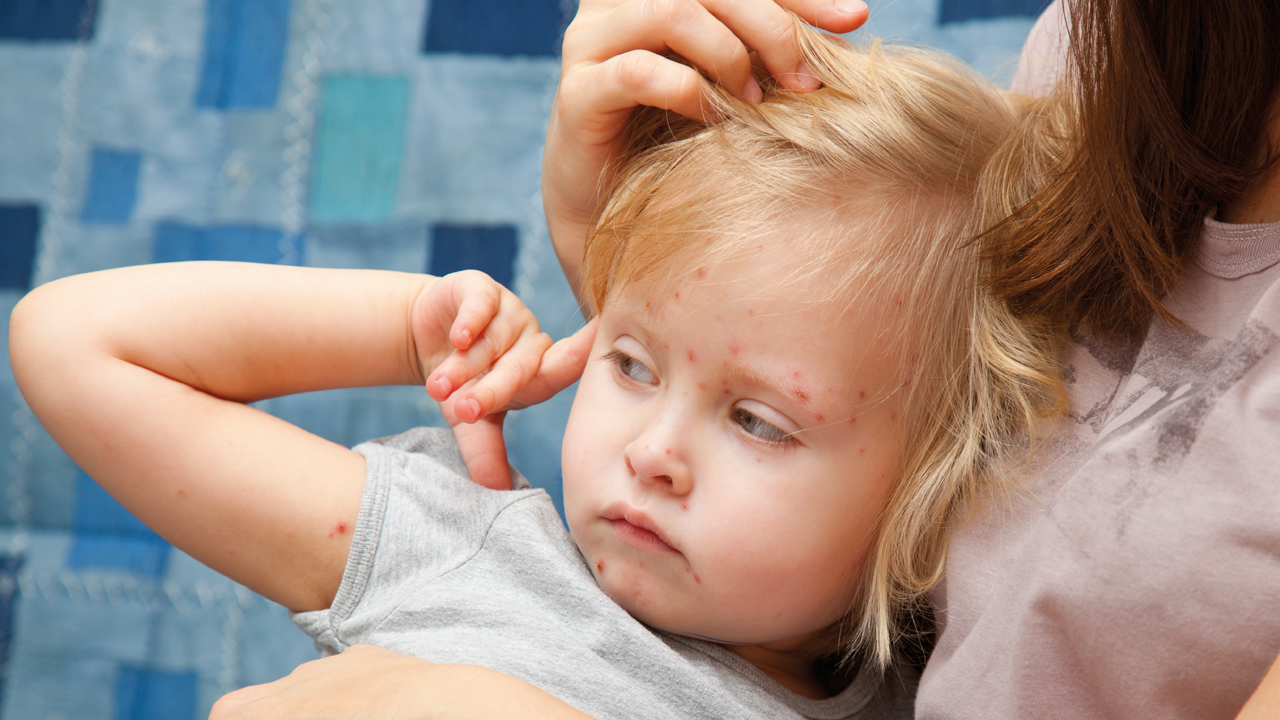Fact 1
You cannot spread shingles to others. But people who have not had chickenpox before could catch chickenpox from you.1
Fact 2
When people get chickenpox, the virus remains in the body. It can be reactivated later and cause shingles if someone's immune system is lowered.1
Fact 3
There is a chickenpox vaccine, but it is not part of the routine childhood vaccination schedule. The vaccine is only offered to children and adults who are particularly vulnerable to chickenpox complications.
Fact 4
The recommended 2 doses of the vaccine is estimated to offer 98% protection from chickenpox in children and 75% protection in adolescents and adults.5
Fact 5
It may be possible to develop the infection after vaccination. Similarly, there is a chance that someone who has received the vaccine could develop chickenpox after coming in close contact with a person who has shingles.
References
- https://www.nhs.uk/Conditions/Chickenpox/
- UK Health Security Agency – The Green Book – Chapter 34: Varicella
- Dworkin RH., Johnson RW., Breuer J., et al. Recommendations for the Management of Herpes Zoster. Clinical Infectious Diseases. 2007;44:S1-26.
- Centres for Disease Control and Prevention. Epidemiology and Prevention of Vaccine-Preventable Diseases: The Pink Book – Chapter 22: Varicella. 2015a.
- https://www.nhsinform.scot/illnesses-and-conditions/infections-and-poisoning/chickenpox

